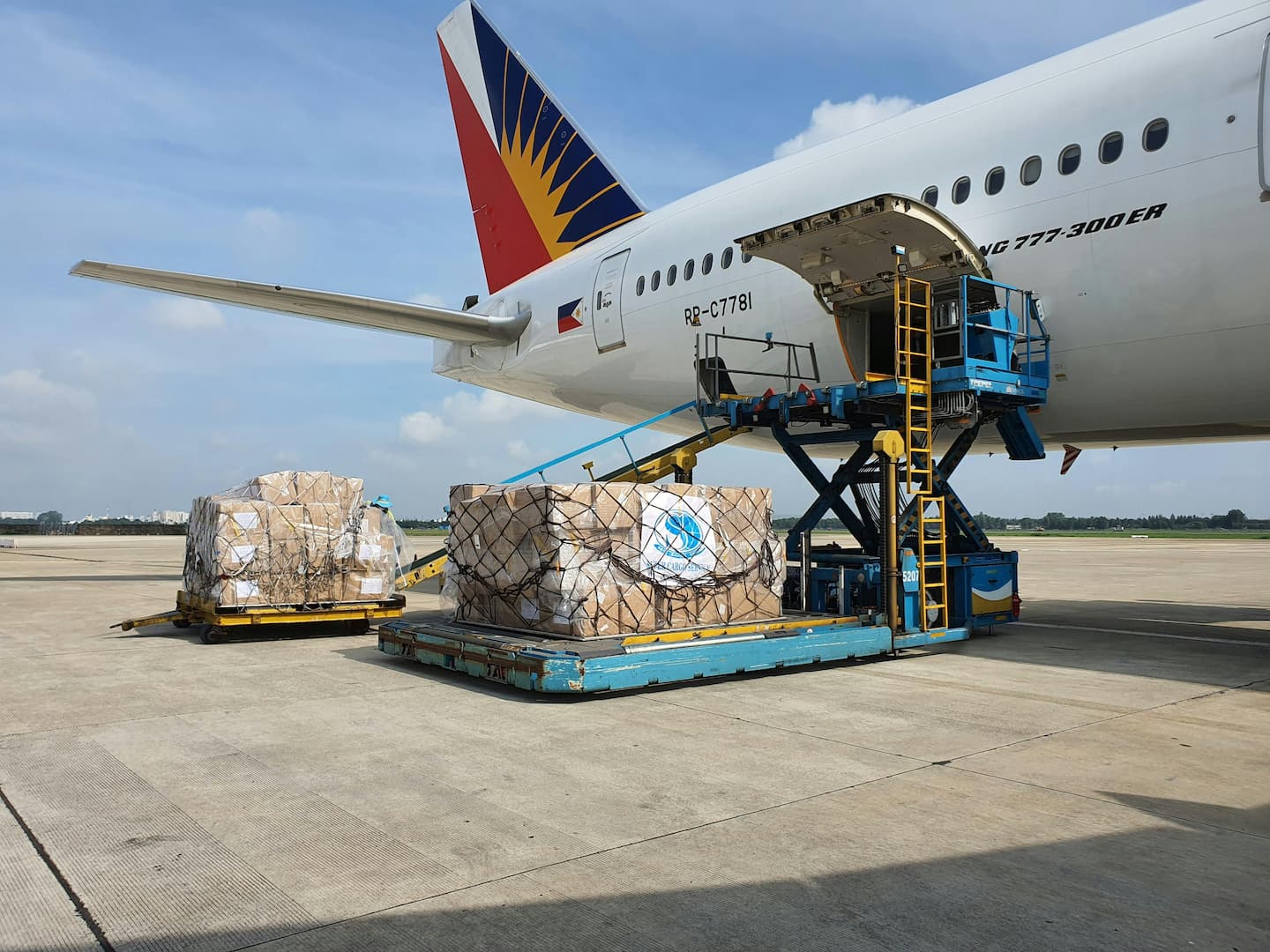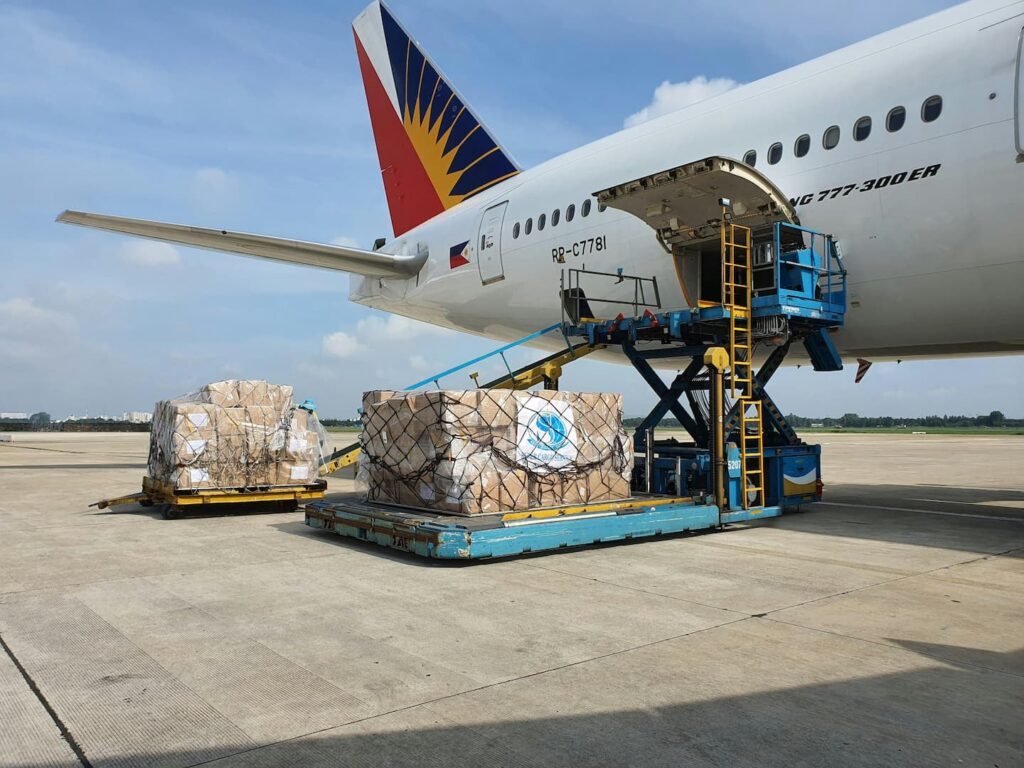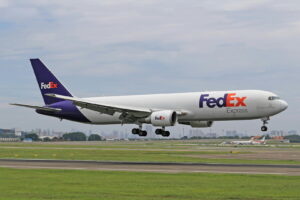
Air freight plays a pivotal role in global trade, enabling the swift and secure movement of goods across continents. From general cargo to special shipments requiring strict handling, air freight ensures timely delivery and caters to diverse industries. This blog explores the 11 common types of cargo transported by air freight, their unique requirements, and the permits or certifications needed, especially in Malaysia.
What is Air Cargo?
Air cargo refers to the transportation of goods via airplanes, offering unmatched speed and global connectivity. Air shipping is commonly used for time-sensitive, high-value, or perishable items. Businesses opt for air freight shipping for its efficiency, reliability, and ability to handle specialized cargo shipments.
Distinct Types of Air Cargo Shipments
Air cargo can be broadly categorized into two distinct types, general cargo and specialized cargo:
General Cargo: General cargo includes everyday goods that do not require special handling, storage, or temperature controls during transportation such as consumer goods, machinery and textiles.
Specialized Cargo: Specialized cargo consists of goods that require unique handling, storage, or regulatory compliance due to their sensitive, perishable, or hazardous nature.
11 Types of Cargo Transported by Air Freight
Here’s a breakdown of the common types of cargo transported by air freight carriers:

1. General Cargo
General cargo includes goods that do not require special handling or temperature control, such as textiles, consumer goods, and machinery. These items are often transported via air freight to ensure fast and reliable delivery, especially for businesses that need to meet tight schedules. This type of cargo typically adheres to standard packing and shipping regulations.
Permits in Malaysia: No specific permits are required for non-restricted general cargo unless the items fall under controlled goods.

2. Perishable Goods
This category includes food, fruits, flowers, and other temperature-sensitive items. These shipments rely on air freight because its speed and ability to provide temperature-controlled environments help preserve freshness and preventing spoilage, making it the best option for perishable goods.
Permits in Malaysia: Exporters of food products may need approvals from the Malaysian Ministry of Agriculture and Food Industries (MAFI) or compliance with the Malaysia Quarantine and Inspection Services (MAQIS).

3. High-Value Goods
Jewelry, electronics, and luxury items fall into this category. Air shipping is preferred for high-value goods because it offers enhanced security measures and better tracking capabilities, which are critical for safeguarding high-value goods against theft, misplacement, or damage.
Permits in Malaysia: Exporters may need to declare high-value items to Malaysian Customs (Royal Malaysian Customs Department) for accurate valuation and compliance.

4. Pharmaceutical and Medical Supplies
Medicines, vaccines, and medical equipment often require strict temperature control and handling to ensure safety and efficacy. Air transport is crucial for these items due to its reliability, speed, and access to specialized facilities, making it the safest option for sensitive medical shipments.
Permits in Malaysia: Approval from the Ministry of Health Malaysia (MOH) and compliance with the Malaysian National Pharmaceutical Regulatory Agency (NPRA) are mandatory.

5. Hazardous Materials
Hazardous materials (HAZMAT) such as chemicals, flammable substances, and radioactive items require transport methods that minimize risks to people and the environment. Air freight is suitable for carrying hazardous materials because it follows strict regulations for packaging, labeling, and handling to ensure safe and compliant transportation.
Permits in Malaysia: Exporters must obtain permits from the Department of Environment Malaysia (DOE) and adhere to the International Air Transport Association’s (IATA) Dangerous Goods Regulations.

6. E-Commerce Shipments
The rise of e-commerce has led to increased air freight of small parcels, including clothing, gadgets, and cosmetics. Air shipping is ideal for these shipments because it ensures consistent handling and protection for fragile or high-demand items, maintaining customer satisfaction.
Permits in Malaysia: No specific permits are required for most e-commerce shipments unless restricted items are involved.

7. Automotive Parts
Automotive parts such as engines, tires, and electronics are often shipped by air freight because they require careful handling and minimal transit vibration to avoid damage. The fast replenishment provided by air transport helps maintain the supply chain for urgent repairs and manufacturing.
Permits in Malaysia: Approval from the Ministry of International Trade and Industry (MITI) may be required for specific automotive-related exports or imports.

8. Temperature-Controlled Cargo
This cargo category includes goods such as frozen foods, biotech samples, and other items requiring precise temperature maintenance during transit. Air freight is ideal because it ensures stable environmental conditions for the cargo, preventing deterioration or contamination.
Permits in Malaysia: Depending on the cargo, exporters may need approvals from MAQIS or other relevant bodies for agricultural or biotech goods.

9. Live Animals
Transporting live animals requires specialized containers, feeding provisions, and adherence to animal welfare regulations. Air transport is commonly used to transport live animals because it reduces the stress and risk to the animals by limiting the duration of their journey and providing a controlled environment.
Permits in Malaysia: Approval from MAQIS is required for live animal transportation. Additional permits may be needed from the Department of Veterinary Services (DVS).

10. Human Remains and Organs
Air freight is also used for the transportation of human remains or organs for transplantation. Such shipments are treated with utmost care and sensitivity.
Permits in Malaysia: Approval from the Ministry of Health (MOH) and coordination with airlines and customs are essential.

11. Mail Cargo
Letters, parcels, and official documents are often transported by air freight because it provides secure handling and protection against weather or mishandling, which is critical for sensitive or confidential materials. Mail cargo is often transported by air to meet tight delivery schedules, particularly for international destinations.
Permits in Malaysia: No specific permits are required for mail cargo unless it contains restricted or regulated items.
Prohibited Goods in Air Freight
Certain goods cannot be transported by air shipping due to safety, legal, or environmental concerns. These include:
- Explosives and weapons.
- Unlicensed controlled substances.
- Corrosive or toxic chemicals.
For more details, refer to the IATA Dangerous Goods Regulations and Malaysia’s controlled and prohibited goods list (Customs Department).
Can Vehicles Be Shipped by Air Freight?
Yes, vehicles like cars or motorcycles can be shipped via air freight, though it is costlier than sea freight service. This is typically used for high-end vehicles or urgent shipments.
Permits in Malaysia: Approval from the Road Transport Department (JPJ) and MITI may be necessary for importing or exporting vehicles.
Conclusion
Air freight is an indispensable mode of transportation for diverse types of cargo, offering unmatched speed and reliability. Whether you’re shipping high-value goods, perishable items, or time-sensitive shipments, understanding the regulations and permits is crucial for seamless logistics.
If you’re looking for reliable air freight services in Malaysia, reach out to GTL for more information on air freight logistics. Our team is experts in handling general and specialized cargo to meet your business needs. Contact us today for more information on our air freight solutions.


